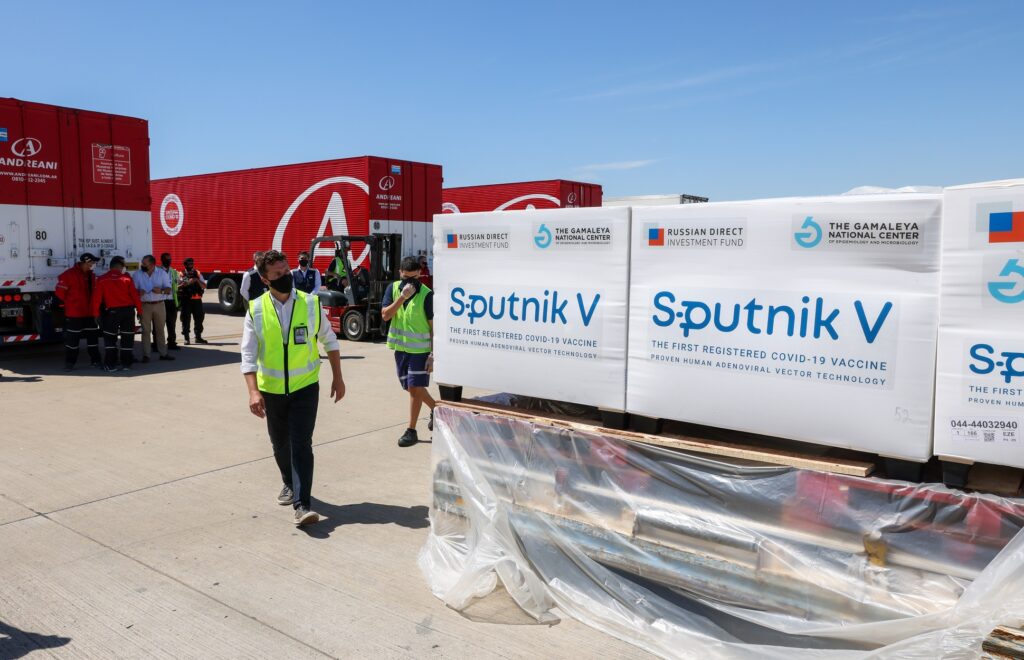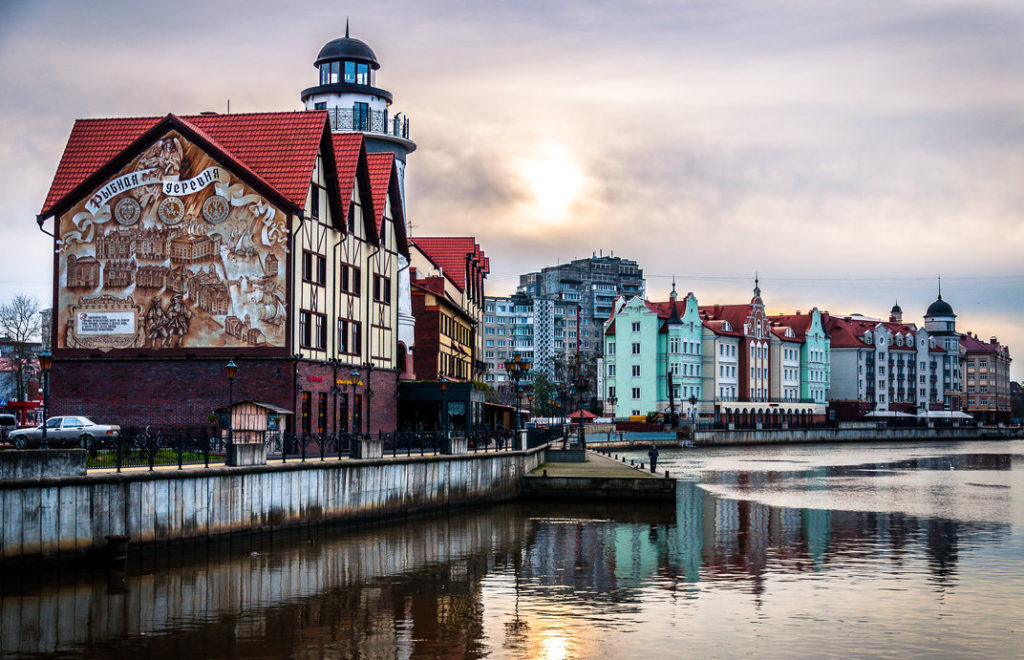Streamlining soft power
We will all remember 2020 as the year when the COVID-19 pandemic arrived. The rapid spread of the virus brought significant changes to our lives: closed borders, businesses closing and limited social interactions. More importantly, it forced us to rethink the present and the future – an exercise that is increasingly needed as the scale of challenges continues to overwhelm us. At the dawn of 2021, the world’s attention has been drawn to the first steps to sort things out – namely, the vaccination process.
June 23, 2021 - Miłosz Zieliński




































